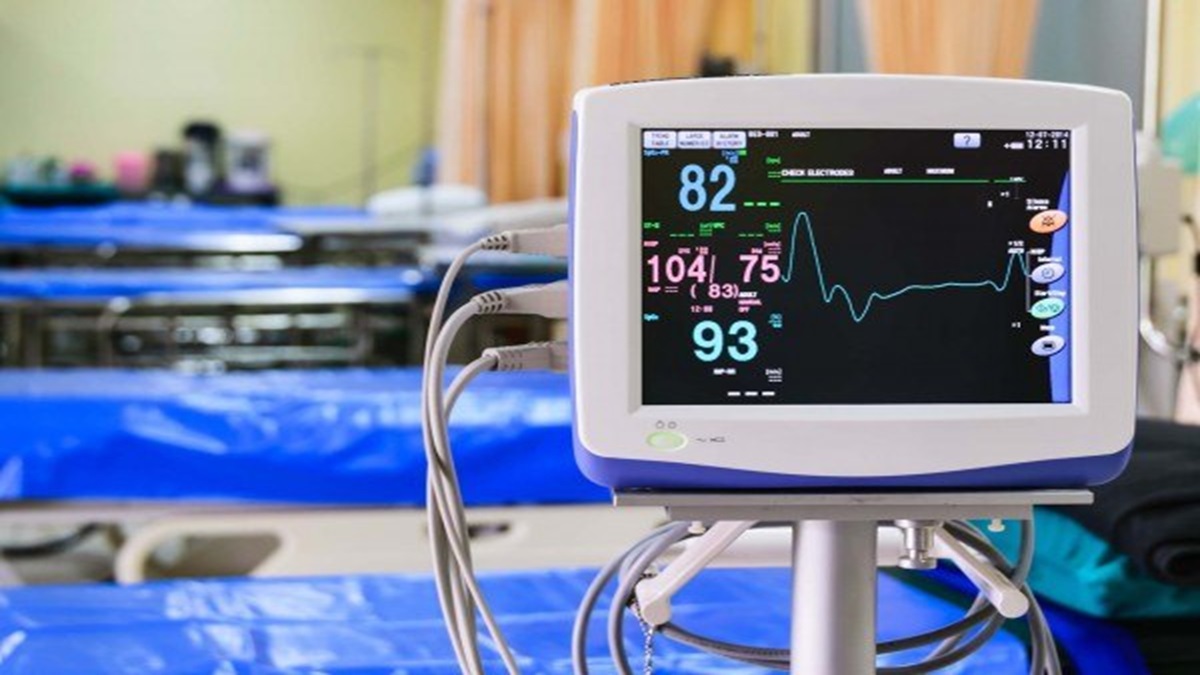Health sector reform commission proposes sweeping overhaul
BY Insider Desk
May 05, 2025

The Health Sector Reform Commission has recommended the enactment of seven new laws and the formation of an independent oversight body to transform Bangladesh’s healthcare delivery system into a more accessible, accountable, and rights-based service.
At a press conference held on Monday at the Foreign Service Training Academy, commission members shared the key findings and proposals of their Health Sector Report, which they had earlier submitted to Chief Advisor Professor Mohammad Yunus. The proposed reforms focus on ensuring transparency, decentralisation, and legal grounding for a system that is currently fragmented and lacking enforcement mechanisms.
The commission proposed establishing a new regulatory body — the Bangladesh Health Commission — through an ordinance by the interim government. The body would consist of 17 divisions and function as the primary instrument to implement a “Health in All Policies” (HiAP) approach. It would operate independently but remain accountable to the government, with mandatory annual reporting to parliament.
“Though health is said to be a right, the legal side is absent in the present situation,” said commission chief Professor AK Azad Khan. He stressed the urgent need for reforms in primary healthcare, education, research, institutional structure, and remuneration systems.
In addition to the Bangladesh Health Commission Act, six other draft laws have been proposed: the Bangladesh Health Service Act, Primary Health Service Act, Health Protection Act, Medicine Price Fixing and Entry Act, Allied Health Service Act, and Professional Council Act. A revised Bangladesh Medical Research Council Act was also recommended.
Dr Abu Mohammad Zakir Hossain, a member of the commission, highlighted reforms in the referral system, clinical and medical college standardisation, and the need to unify existing health agencies.
The report also identifies financial inefficiencies, noting an annual outflow of $4 to $5 billion for overseas treatment and proposes ways to retain this through improved local services and the engagement of expatriate Bangladeshi physicians.
Digital platforms for public complaints, enhanced pharmaceutical policy, and better provisions for maternal and child health were also included among the core areas needing intervention.
The commission, formed in November 2024, comprises professionals from medical, public health, academic, and policy backgrounds, including representatives from Diabetic Association of Bangladesh, BSMMU, Square Hospital, ICDDR,B, and Dhaka Medical College.
Tags:
Most Read

Electronic Health Records: Journey towards health 2.0

Making an investment-friendly Bangladesh

Bangladesh facing a strategic test

Bangladesh’s case for metallurgical expansion

Understanding the model for success for economic zones

How a quiet sector moves nations

Automation can transform Bangladesh’s health sector

A raw material heaven missing the export train

A call for a new age of AI and computing
You May Also Like
